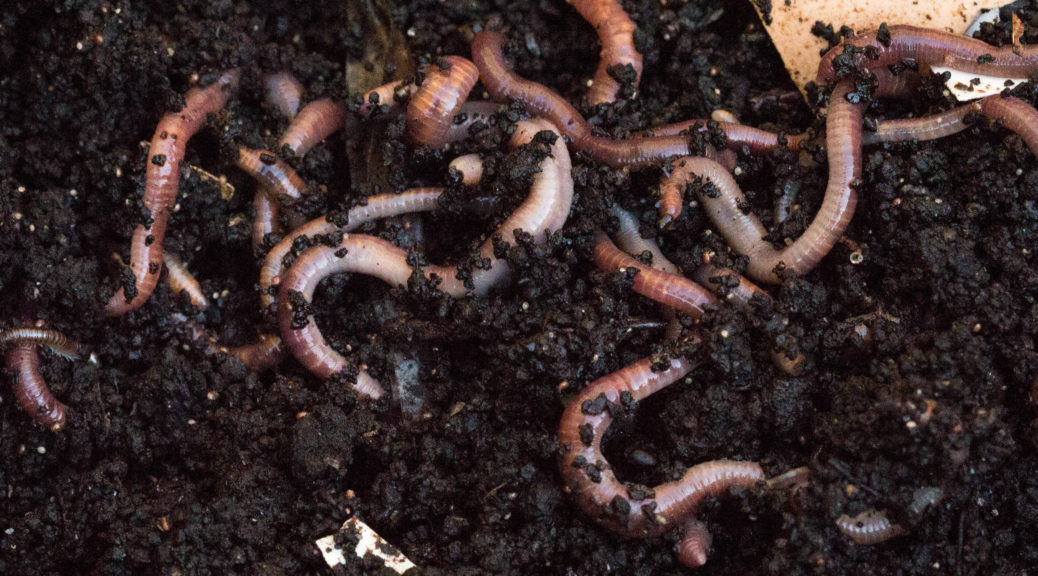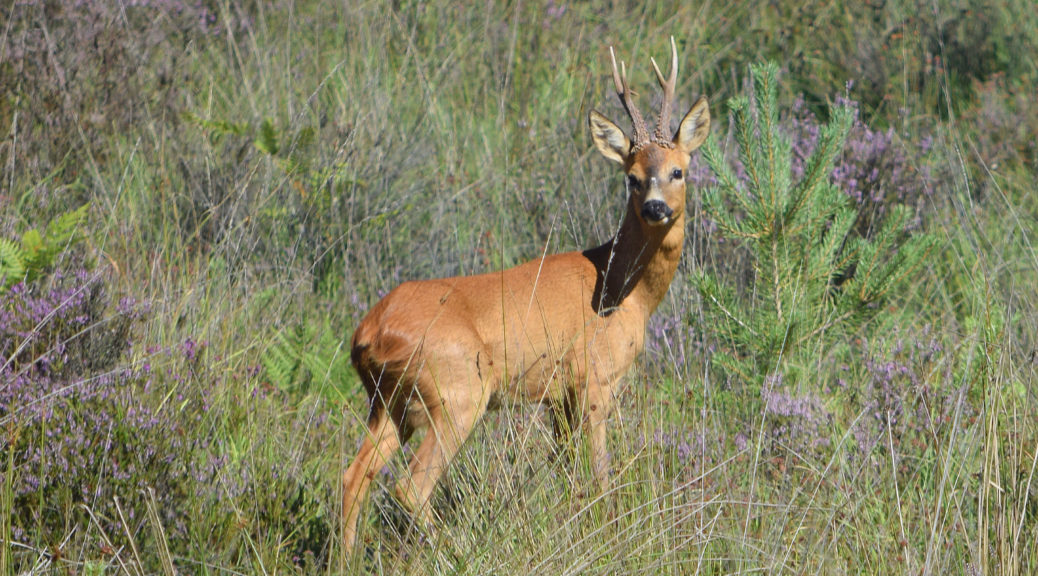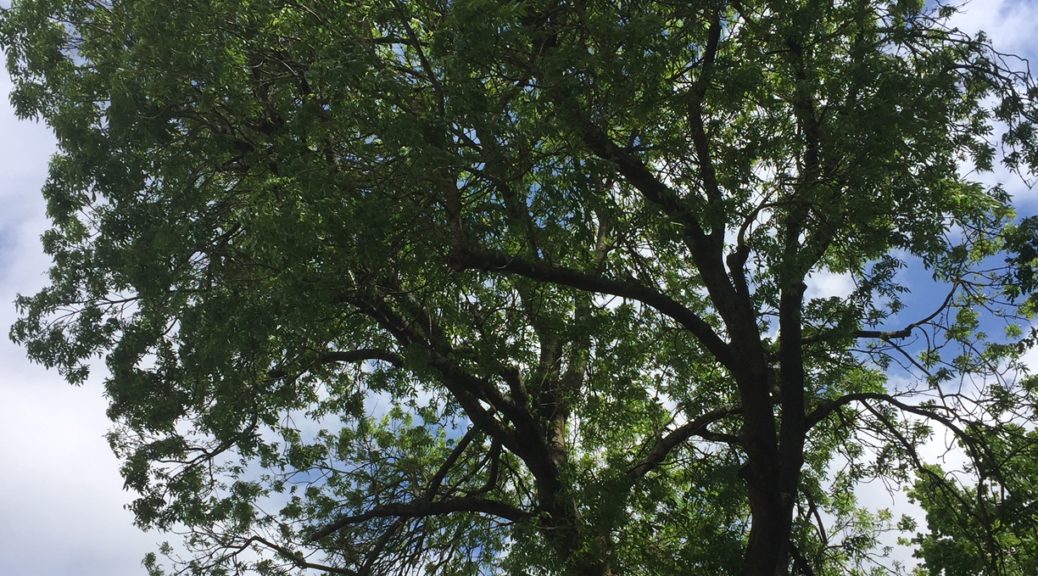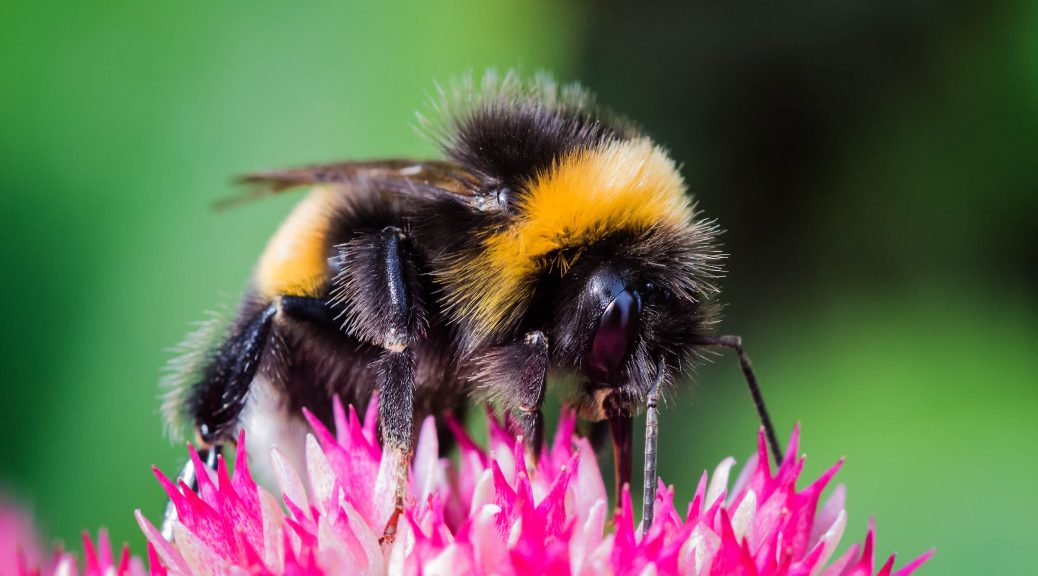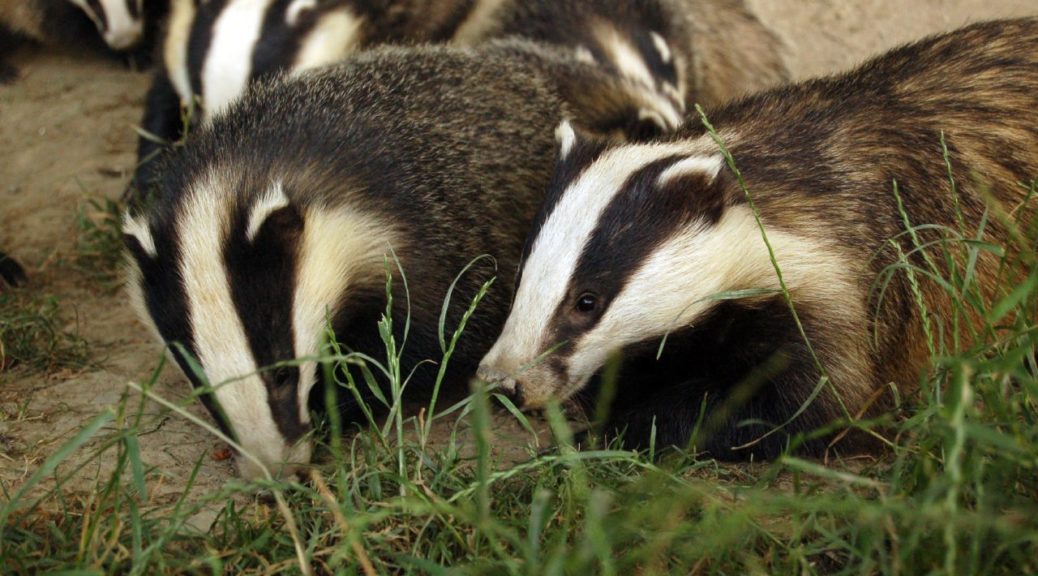The Guardian reports earthworms may not be cute, but the work they do for our soil keeps humans in business. But their numbers are in steep decline.
Earthworms are not doing very well at the moment. This year, a scientific study found that 42% of fields surveyed by farmers were seriously deficient in earthworms; in some fields they were missing altogether. Particularly hard-hit were deep-burrowing worms, which are valuable in helping soil collect and store rainwater, but were absent from 16% of fields in the study.
Photo by Dan Brekke under creative commons.

